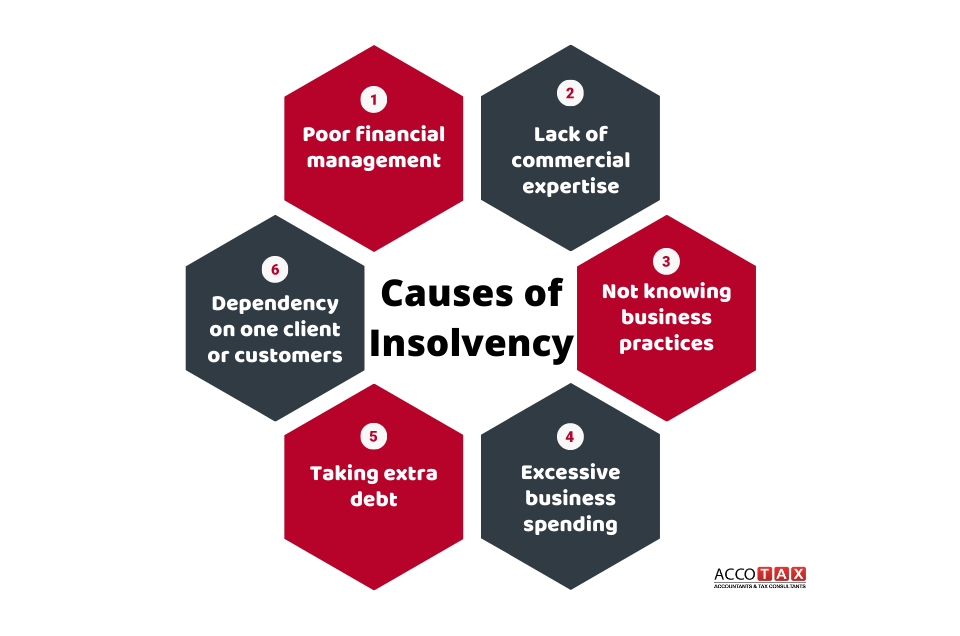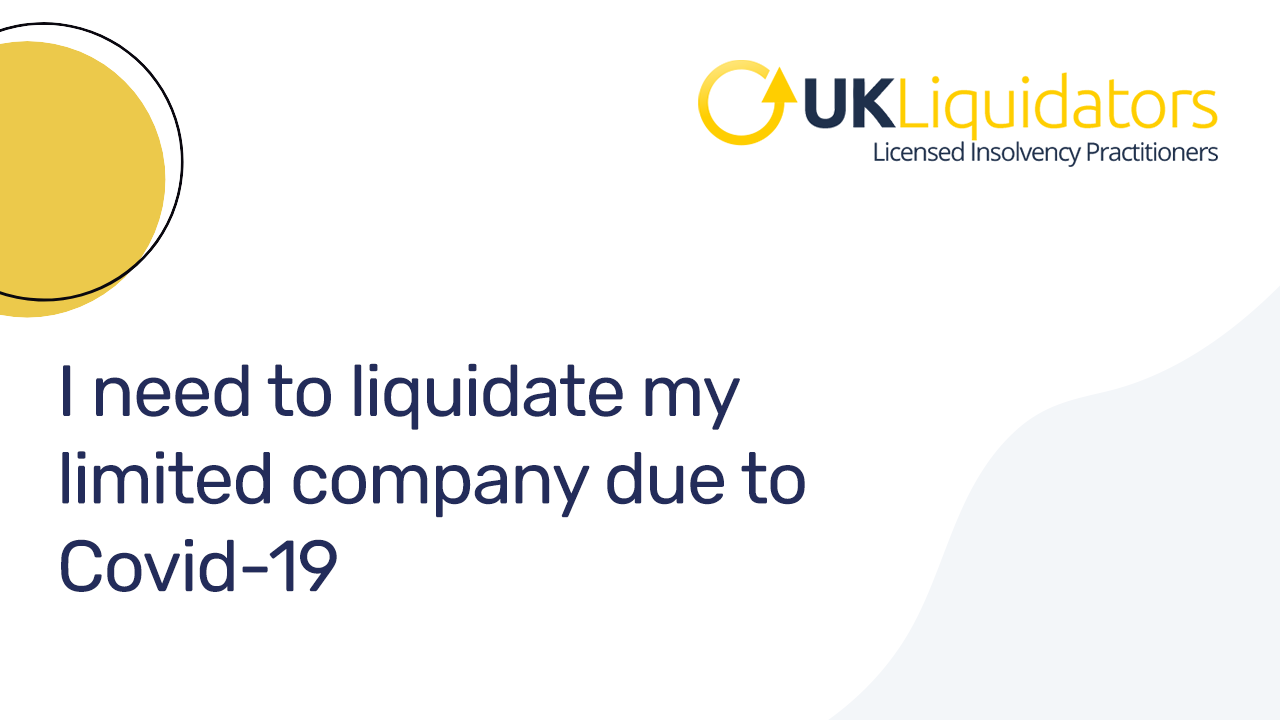What Does Insolvency Practitioner Do?
What Does Insolvency Practitioner Do?
Blog Article
Indicators on Insolvency Practitioner You Should Know
Table of Contents3 Simple Techniques For Insolvency PractitionerThe Only Guide to Insolvency PractitionerSee This Report on Insolvency PractitionerThe Best Guide To Insolvency PractitionerEverything about Insolvency PractitionerGetting My Insolvency Practitioner To WorkThe Definitive Guide for Insolvency Practitioner
Bankruptcy is when obligations are more than the value of the business, or when a borrower can not pay the financial obligations they owe. A firm can come to be insolvent because of a variety of circumstances that bring about inadequate cash flow. When confronted with bankruptcy, a business or individual can speak to financial institutions straight and restructure financial debts to pay them off.
Insolvency can lead to insolvency process, in which lawsuit will be taken versus the insolvent person or entity, and properties. Insolvency Practitioner might be sold off to settle arrearages. Entrepreneur might get in touch with creditors straight and restructure financial obligations into more workable installments. Lenders are generally responsive to this strategy since they wish to be paid back and prevent losses, even if the settlement is on a delayed routine.
The proprietor creates a proposal outlining just how the debt might be restructured using expense reductions or other plans for support. The proposition shows lenders just how the organization might create sufficient capital for profitable procedures while paying its financial obligations. Usually, a forgiven financial debt might be considered revenue by the Internal Income Solution (IRS).
About Insolvency Practitioner
When an organization has to pay increased costs for goods and solutions, the company passes along the cost to the customer. Instead than pay the raised cost, numerous consumers take their company in other places so they can pay much less for a services or product. Shedding clients leads to losing earnings for paying the firm's financial institutions.
Business might finish up paying huge amounts of money in problems and be not able to continue procedures. When operations discontinue, so does the company's income. Absence of earnings leads to unpaid bills and lenders requesting money owed to them. Some firms become financially troubled since their products or solutions don't develop to fit consumers' changing requirements.
Excitement About Insolvency Practitioner
Costs exceed incomes and bills continue to be unsettled. Kinds of insolvency include cash-flow bankruptcy and balance-sheet insolvency. Cash-flow insolvency occurs when a company has the properties to cover their debts however they remain in the incorrect type, such as genuine estate rather than fluid funds. Balance-sheet bankruptcy, on the other hand, shows an absence of assets in any kind of type to cover financial obligations.
The IRS states that an individual is financially troubled when the total liabilities surpass total properties. Insolvency Practitioner. A insolvency, on the other hand, is an actual court order that portrays just how a bankrupt person or organization will pay off their lenders, or exactly how they will certainly sell their properties in order to make the repayments
The Best Guide To Insolvency Practitioner
If that scenario expands longer than prepared for, it can bring about personal bankruptcy. When a firm or person is bankrupt, they can not fulfill their financial responsibilities. Solvency is when you have enough funds to cover the repayments you owe. A business is considered solvent when they have much more assets than liabilities.

Understanding the elements that can lead to bankruptcy, such as overspending, can assist you protect against insolvency and its consequences.
Insolvency Practitioner Can Be Fun For Everyone
It is well known that directors and police officers of corporations (and supervisors of restricted responsibility firms) owe fiduciary tasks to their companies and their investors (or participants). These fiduciary commitments are specified by state laws and, though there are variants from one state to another, they normally consist of an obligation of loyalty and a responsibility of care.
The task of treatment calls for supervisors and police officers to exercise diligence, to make educated choices, and to act in excellent belief to make sure that their activities remain in the ideal interest of the firm. Beyond the scope of this conversation, some states permit these obligations to be restricted either by so keeping in mind in the organizational files or conforming with other requirements.
The 30-Second Trick For Insolvency Practitioner

Beware regarding providing shareholders special treatment at the cost of lenders (e.g., licensing and funding a returns or a stock redemption). Take care regarding favoritism in between courses of investors. Clear up efforts to learn all the truths before taking a certain strategy; directors should genuinely think that any type of decisions made remain in the very best rate of interests of the company in its entirety (i.e., choices will certainly be examined in hindsight because of the effect of such actions on the firm).
In any kind of insolvency or insolvency pop over to this site case, settlements made to particular lenders at the expense of various other financial institutions can be clawed back, particularly if there is some connection in between the firm and the financial institution. Consider suggesting at a yearly investor meeting (or any kind of various other meeting of investors) a resolution affirming that all prior organization decisions and activities taken click for more info by the directors and police officers of the company were taken in excellent confidence after an exercise of sensible treatment.
Rumored Buzz on Insolvency Practitioner
Totally disclose any kind of individual or business partnerships with parties on the various other side of deals entailing the firm to avoid the appearance of a problem of passion. In evaluating prospective fund elevating purchases or a sale of properties of the troubled company, know that these transactions may be inspected later on taking into account any kind of succeeding development of supervisors' fiduciary tasks to consist of financial institutions.
Report this page